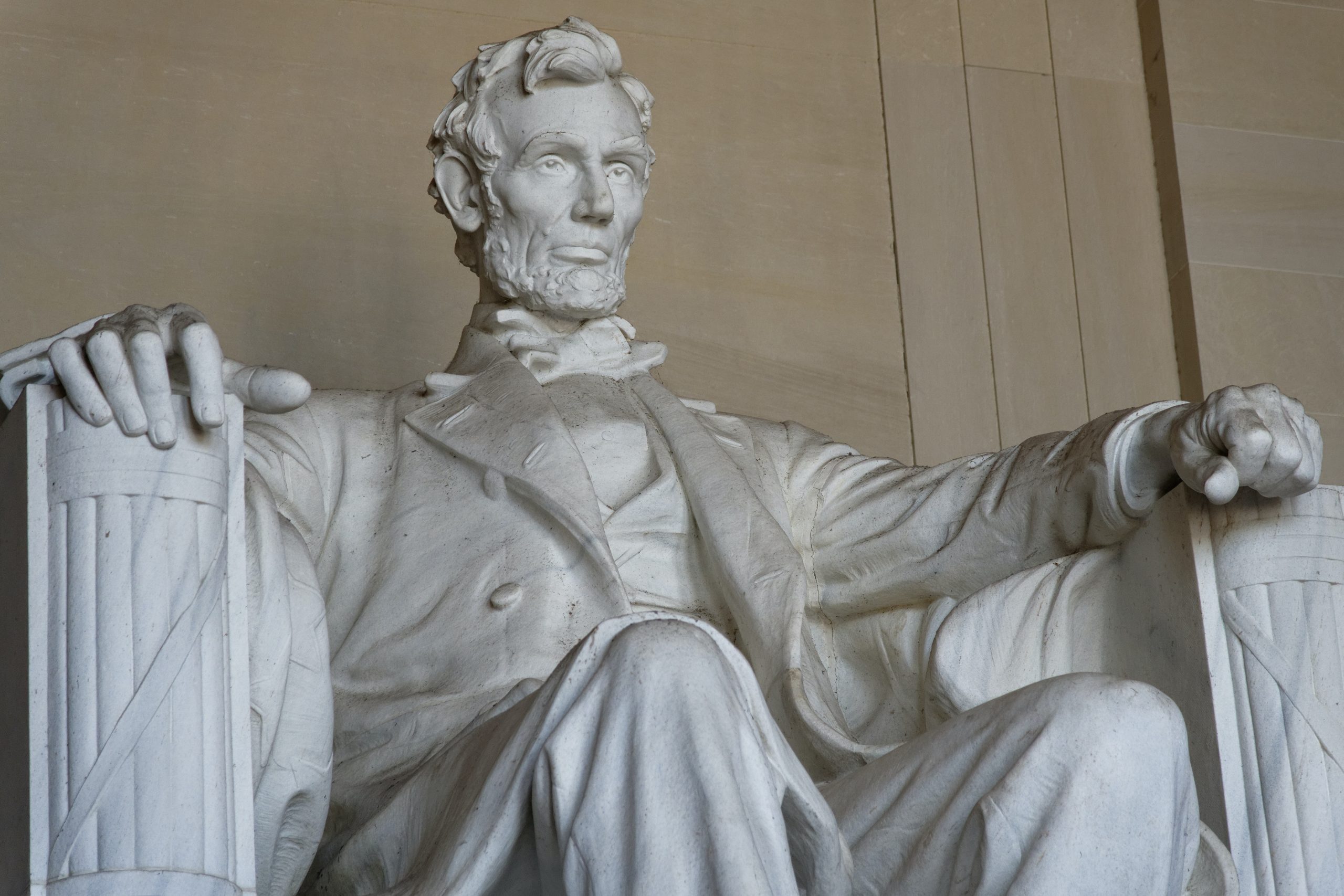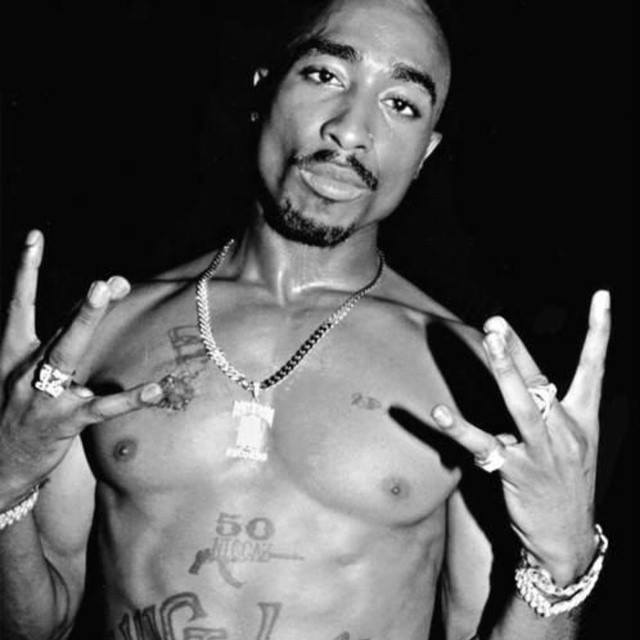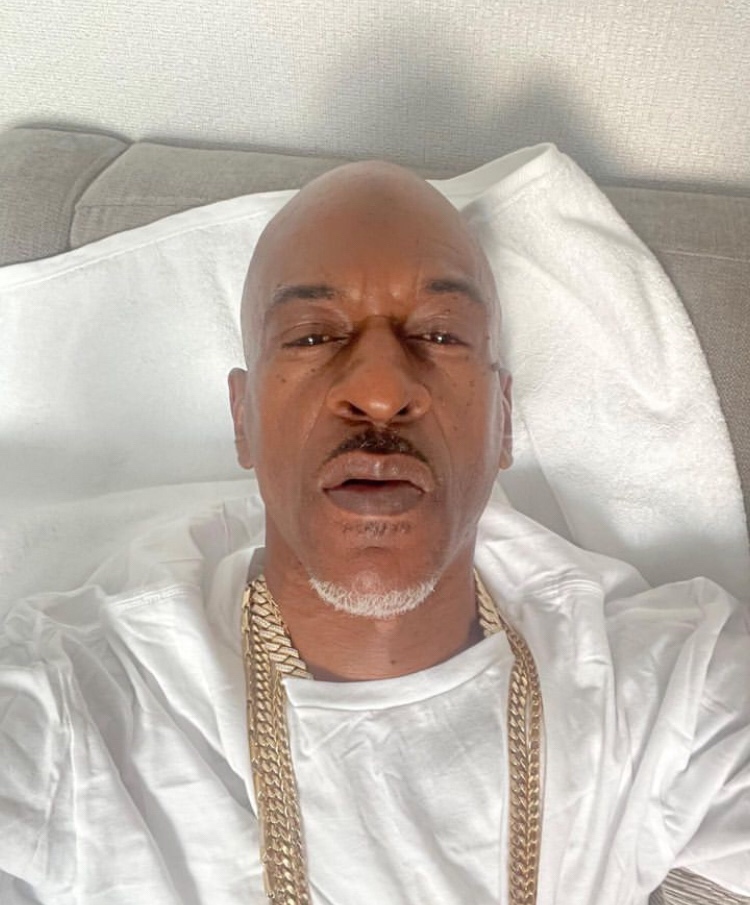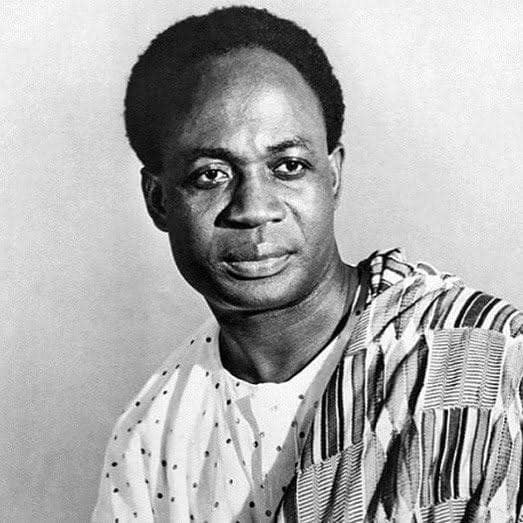
BIOGRAPHY OF ABRAHAM LINCOLN

Abraham Lincoln, born on February 12, 1809, in Hardin County, Kentucky, was the 16th President of the United States.
He is widely regarded as one of America’s greatest presidents, primarily for his leadership during the American Civil War and his efforts to abolish slavery.
Lincoln grew up in a modest family and had limited formal education. He worked as a storekeeper, surveyor, and postmaster before pursuing a career in law. In 1834, he was elected to the Illinois state legislature, and he served four terms in total. During this time, Lincoln taught himself law and became a successful lawyer.
In 1846, Lincoln won a seat in the U.S. House of Representatives as a member of the Whig Party. He served only one term but gained national attention for his opposition to the Mexican-American War and his support for the Wilmot Proviso, which aimed to ban slavery in the territories acquired from Mexico.
After the collapse of the Whig Party, Lincoln joined the newly formed Republican Party in 1856. In 1860, he emerged as the party’s presidential candidate and won the election. His victory prompted several Southern states to secede from the Union, leading to the start of the Civil War in 1861.
Throughout the Civil War, Lincoln faced numerous challenges as he worked to preserve the Union and end slavery. He issued the Emancipation Proclamation in 1862, declaring that all slaves in Confederate-held territory were to be set free. This marked a significant turning point in the war and shifted its focus to the abolition of slavery.
READ ALSO: 10 Ecotourism Destinations In USA
In 1864, Lincoln was re-elected as president.
As the war drew to a close in 1865, he advocated for the passage of the Thirteenth Amendment to the United States Constitution, which formally abolished slavery in the entire country. Unfortunately, Lincoln did not live to see the Reconstruction era following the war’s end.
On April 14, 1865, just five days after General Robert E. Lee’s surrender at Appomattox Court House, Lincoln was assassinated by John Wilkes Booth while attending a play at Ford’s Theatre in Washington, D.C. His death shocked the nation, and he became a martyr for the cause of preserving the Union and ending slavery.
Abraham Lincoln’s legacy is profound and enduring. He is celebrated for his leadership during a tumultuous time in American history and for his unwavering commitment to equality and justice. His speeches, including the Gettysburg Address and his second inaugural address, are considered masterpieces of American rhetoric. Today, he is widely revered as one of America’s greatest presidents and an emblematic figure of American democracy.






